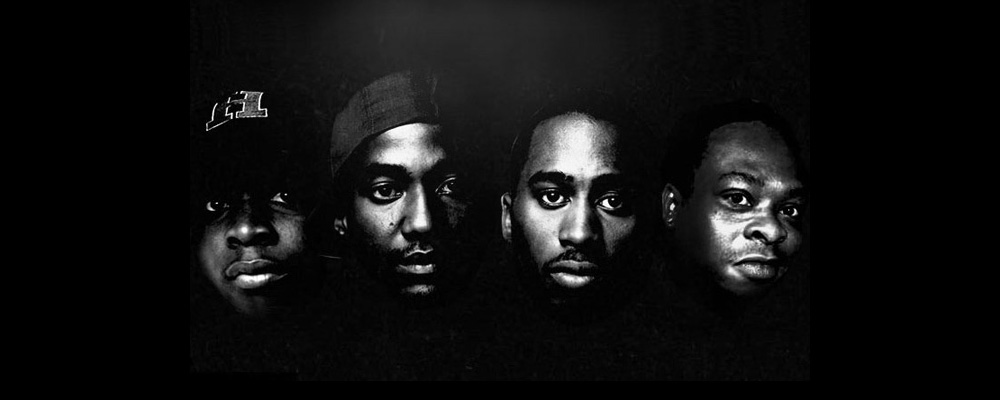This website uses cookies so that we can provide you with the best user experience possible. Cookie information is stored in your browser and performs functions such as recognising you when you return to our website and helping our team to understand which sections of the website you find most interesting and useful.
And Finally Artist News Digital Labels & Publishers
A Tribe Called Quest deny involvement in recent royalty share NFT sale
By Chris Cooke | Published on Tuesday 6 July 2021

It’s official. Staging a musical NFT drop is no longer the cool, buzzy thing to do. Denying you’re involved in a musical NFT drop, that’s what all the cool dudes are doing. It all began with Damon Dash, denying that he tried to sell a Jay-Z copyright as a non-fungible token. And now it’s A Tribe Called Quest in denial mode.
Last month Royalty Exchange ran an NFT auction putting up for sale a royalty share right linked to the catalogue of the legendary hip hop outfit. The lucky buyer would get themselves a 1.5% royalty share on the group’s first five studio albums.
Royalty Exchange has facilitated many such transactions over the years – the transfer of royalty rights being its core business – though it recently jumped onto the NFT bandwagon because, well, who doesn’t love the NFT bandwagon? Doing so also ensured lots of media coverage for the A Tribe Called Quest royalty share sale, to the effect of “hip hop legends do the NFT thing”.
But, the group’s Ali Shaheed Muhammad would like you all to know, no hip hop legends did the NFT thing. Well, no A Tribe Called Quest legends, anyway. Because the 1.5% royalty share being sold via the NFT auction didn’t belong to the group. It was, instead, a royalty share negotiated by the company of a former advisor to A Tribe Called Quest back in the day. Seemingly unbeknownst to members of the group.
That advisor was Ed Chalpin and the company is PPX Enterprises. According to a social media post by Muhammad, Chalpin helped negotiate A Tribe Called Quest’s first record deal with Jive Records in 1989. However, they subsequently fell out with Chalpin when they discovered that their record contract with Jive included a clause that saw PPX get a share of monies with each new album they recorded for the label.
Costly legal wranglings followed and, Muhammad claims, ultimately Jive offered to sort everything out if the group agreed to deliver an extra album to the label. The settlement reached between Jive and PPX seemingly included an ongoing royalty share for the latter, which is what was presumably sold via the Royalty Exchange auction. Although, it seems, that royalty share was news to Muhammad.
It wasn’t until he read a Billboard article on the NFT sale, he writes, “that I learned PPX Enterprises wasn’t entirely out of our business. Apparently PPX sold their share of a settlement they made with Jive Records to an individual whom entered into a partnership with Royalty Exchange. Be clear that is the NFT that was created and auctioned. Had we known this percentage of our art was out there we would have bought it directly from PPX Enterprises as it should have never been sold by Jive Records”.
So there you go. Anyone else want to distance themselves from an NFT sale?





